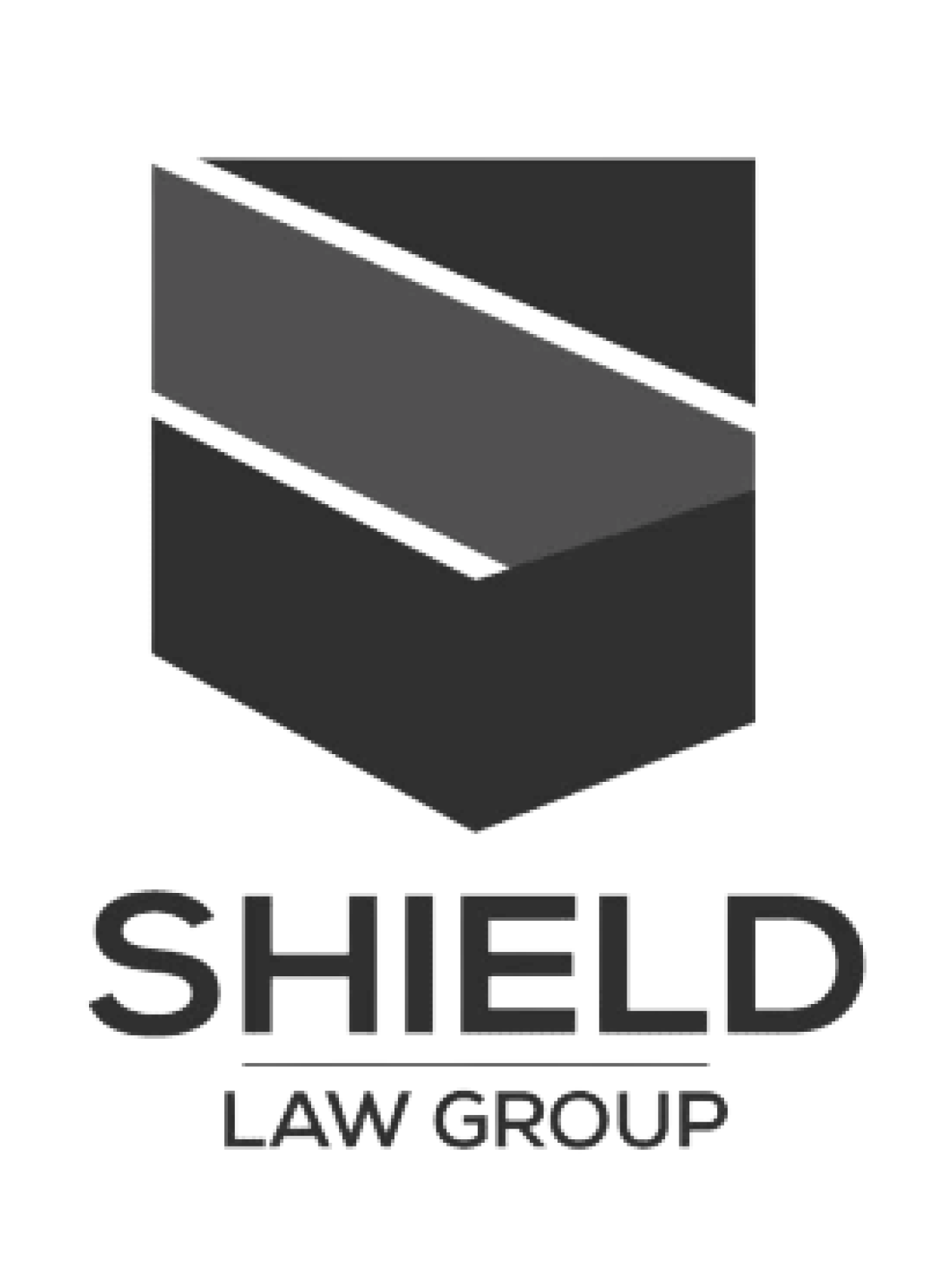Chapter 7 Bankruptcy
Chapter 7 is like hitting the "reset" button on your debts. You simply wipe out the debt and walk away, leaving them in history. Its just as easy as pushing a button.
A Chapter 7 bankruptcy is the best choice for people with low income or unemployed, or having large families but not enough to cover all the costs. It also works for small businesses that find themselves unprofitable and suffering losses month after month.
Benefits of Chapter 7
Debt Discharge
Chapter 7 bankruptcy allows you to discharge most of your unsecured debts, such as credit card debt, medical bills, and personal loans. This means you are no longer legally required to pay these debts, giving you a fresh financial start.
Immediate Relief
Once you file for Chapter 7 bankruptcy, an automatic stay goes into effect. This stops most creditors from pursuing collection actions against you, such as wage garnishments, foreclosure proceedings, and harassing phone calls.
Asset Exemptions
Many personal assets are protected under Chapter 7 bankruptcy exemptions. This means you may be able to keep essential property like your home, car, and retirement accounts, depending on the laws in your state. This helps ensure you can maintain a basic standard of living while addressing your debts.
Am I Eligible?
why choose us
Criteria for Qualifying for Chapter 7 Bankruptcy
Income Level
Your income must be low enough to pass the means test. If your income is above the state median, you might not qualify for Chapter 7.
Previous Bankruptcy Discharge
If you have previously received a discharge in a Chapter 7 bankruptcy within the last eight years, you are not eligible to file again.
Credit Counseling
You must complete a credit counseling course from an approved agency within 180 days before filing.
Residency
You need to have lived in the state where you are filing for at least 91 of the last 180 days.
Fraudulent Activity
If you have committed bankruptcy fraud, such as transferring assets to avoid inclusion in the bankruptcy estate, you may be ineligible.
Income Level:
The Means Test
The means test is a crucial component in determining your eligibility for Chapter 7 Bankruptcy. It aims to prevent high-income earners from filing for Chapter 7 and instead steer them towards Chapter 13 Bankruptcy.
Compare Your Income to the Median
First, compare your average monthly income over the past six months to the median income for a household of your size in your state. If your income is below the median, you qualify for Chapter 7.
Calculate Disposable Income
If your income exceeds the state median, the means test requires a detailed calculation of your disposable income. Subtract certain allowed expenses, such as food, housing, and transportation, from your total income to determine your disposable income.
Determine Eligibility
If your disposable income is below a certain threshold, you pass the means test and can file for Chapter 7 Bankruptcy. If it's above the threshold, you might need to consider Chapter 13 Bankruptcy, which involves a repayment plan.

